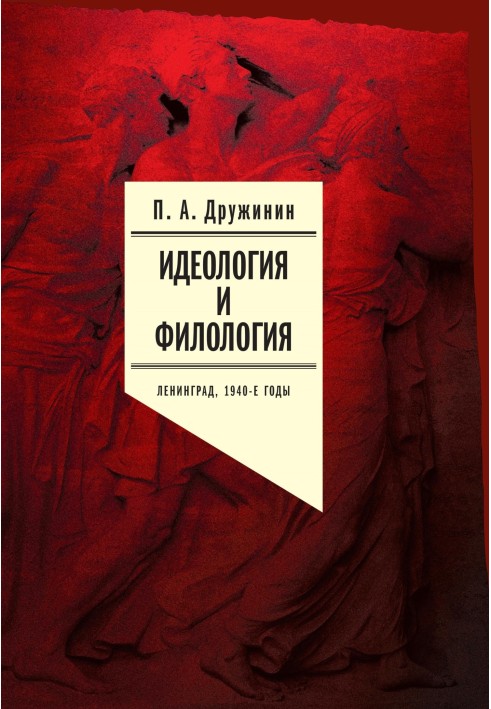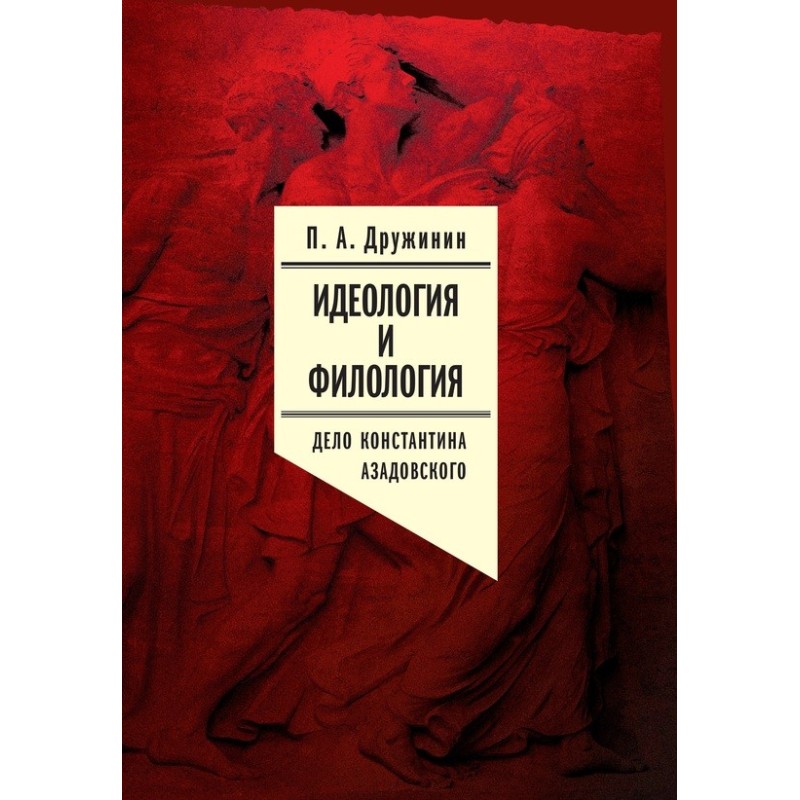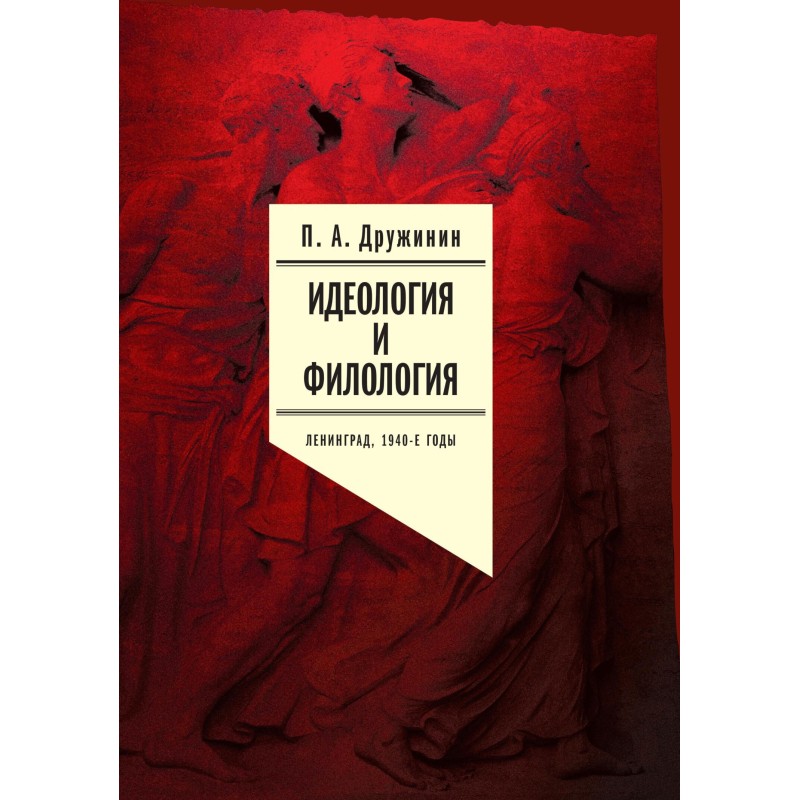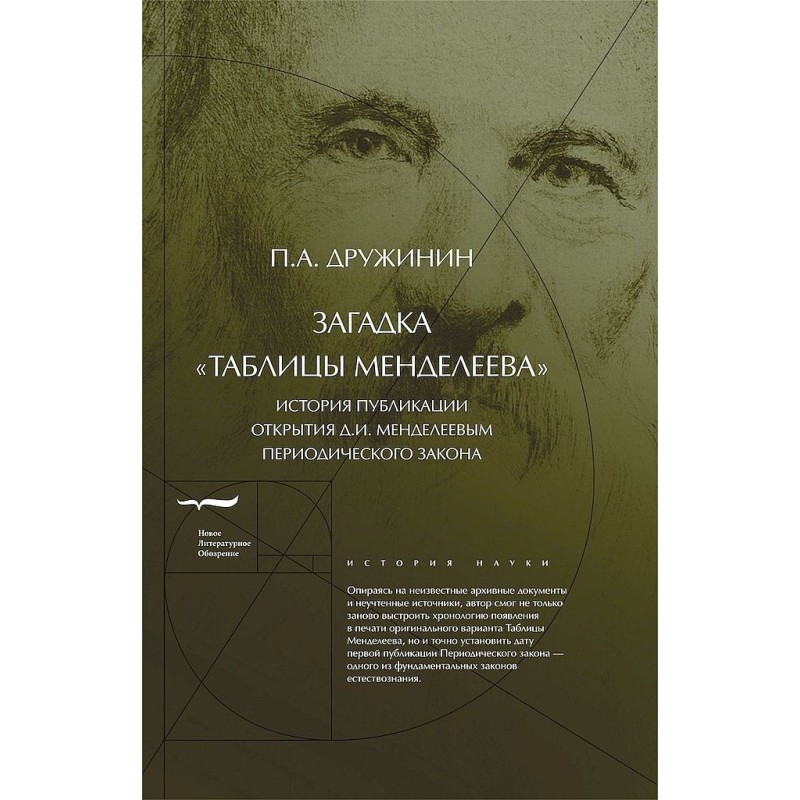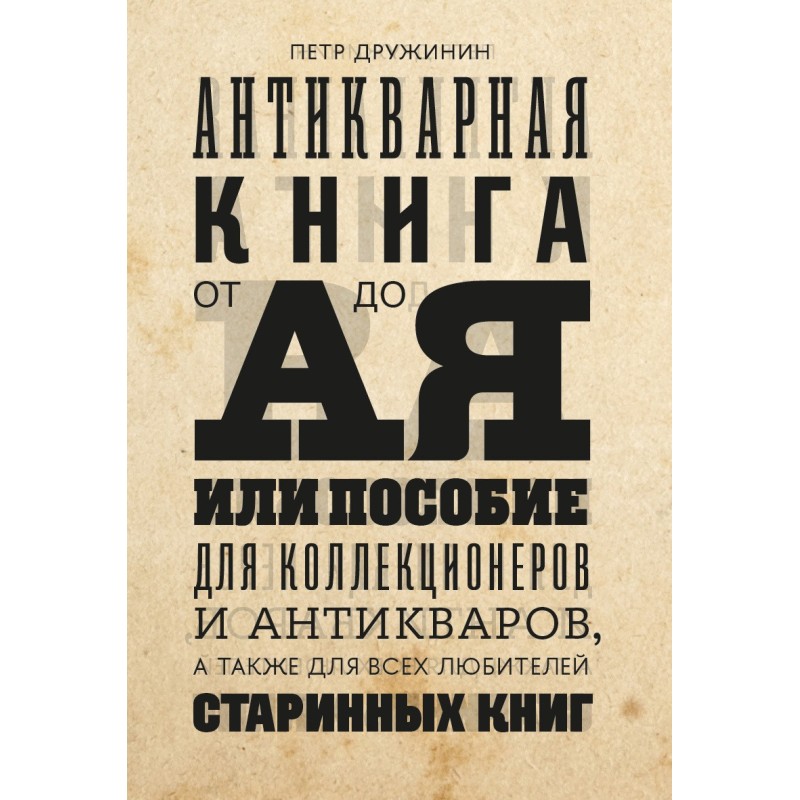Ideology and philology. Leningrad, 1940s. Documentary research. Volume 2
 Instant download
Instant download
after payment (24/7)
 Wide range of formats
Wide range of formats
(for all gadgets)
 Full book
Full book
(including for Apple and Android)
The book by P. A. Druzhinin is dedicated to the most dramatic events in the history of humanities of the twentieth century. 1940s became not just years of unfulfilled hopes of the victorious people; they became the second wind of Stalinism, years of ideological suffocation, a time of absolute and final subordination of the social sciences to the dictates of totalitarianism. One of the most famous victims was the School of Literature Science, Faculty of Philology, Leningrad University. The mechanisms that led to this tragedy were not identical in nature; and it was only by a coincidence of historical circumstances that destructive forces rushed precisely against it. Based on numerous, both published and previously unknown sources, the author shows how Stalinist ideology attacked Soviet science, identifies political and economic components and, not limiting itself to philology, gives a larger picture of the impact of totalitarianism on humanitarian thought.
Data sheet
- Name of the Author
- Петр Дружинин Александрович
- Language
- Russian
Reviews
Глибоке і важливе дослідження
Книга П. А. Дружініна "Ідеологія та філологія. Ленінград, 1940-ті роки. Документальне дослідження. Том 2" є надзвичайно цінним внеском у розуміння складних і драматичних подій в історії гуманітарних наук під час сталінського режиму. Автор майстерно аналізує механізми, які призвели до знищення школи науки про літературу, і показує, як тоталітарна ідеологія вплинула на розвиток філології та гуманітарних наук в цілому. Використовуючи численні джерела, як опубліковані, так і раніше невідомі, Дружінін створює детальну картину того, як політичні та економічні сили взаємодіяли, формуючи обличчя науки в ті часи. Ця книга не лише документує історичні факти, але й спонукає читача до глибоких роздумів про ціну свободи думки та творчості. Рекомендую всім, хто цікавиться історією, філологією та впливом тоталітарних режимів на науку.

